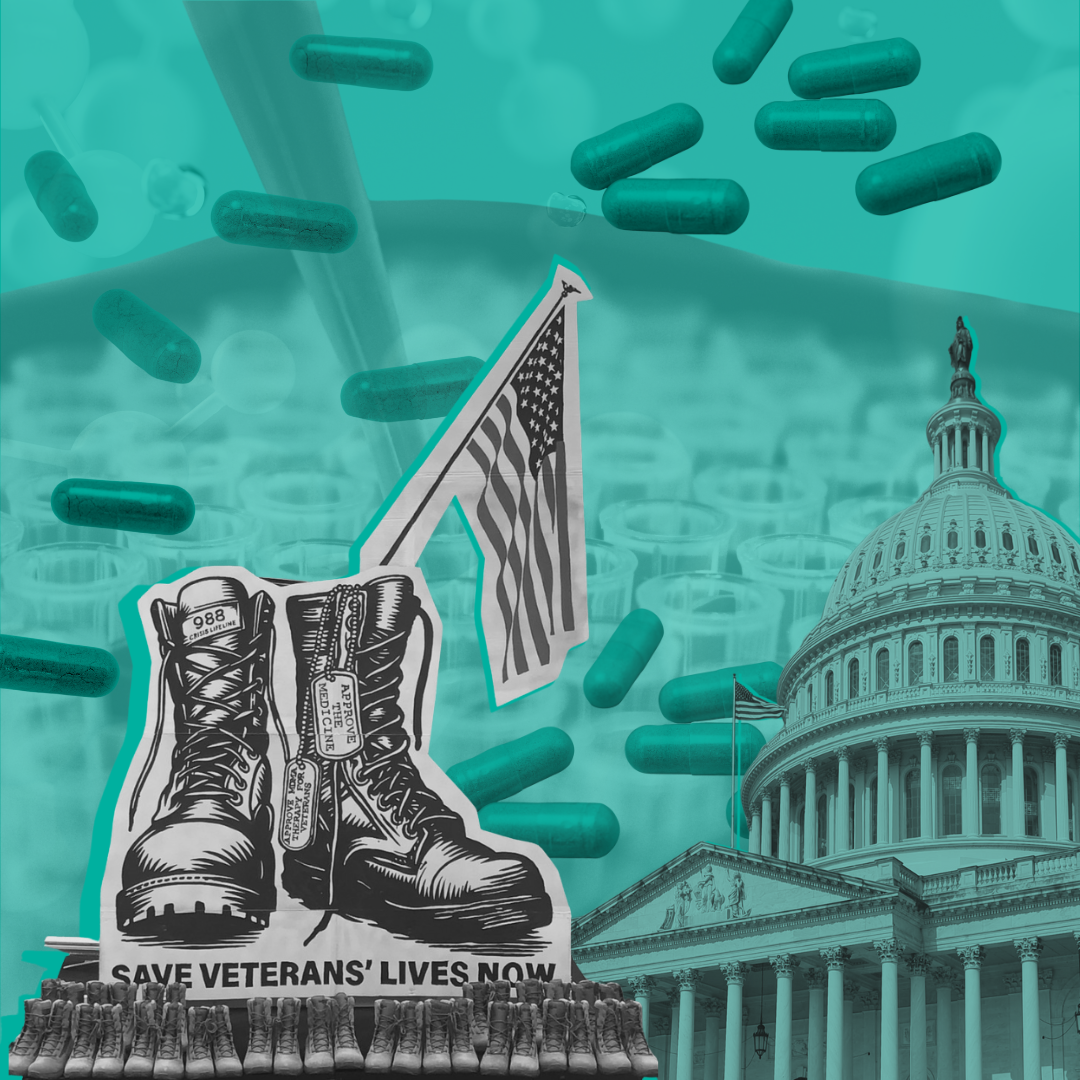Psychedelics Are Ready for Prime Time; How States Are Leading the Charge On Life-Saving Research.

Last year, the FDA’s rejection of Lykos Therapeutics’ MDMA-assisted therapy for PTSD hit the psychedelic community like a cold shower. After years of promising clinical trials and widespread anticipation, the decision felt like a significant setback. It was a stark reminder that while the scientific potential of psychedelics is undeniable, we cannot force public acceptance or federal action overnight.
Yet, this “wake-up call” has only solidified what many have been noticing: the states are the true pioneers in psychedelic science. They understand the urgency of addressing mental health crises and the devastating impact of the opioid epidemic. They’re not waiting for federal directives; they’re creating their own pathways to research, access, and destigmatization.
And now there’s a new, perhaps unexpected, tailwind. The Trump administration has signaled a clear openness to exploring psychedelics to help an array of mental health disorders: HHS Secretary Kennedy is a supporter, Matt Zorn is the new (and first) “psychedelics czar” at HHS, and Sec. Kennedy’s special advisor, Calley Means, touts psychedelic research as part of the larger MAHA agenda. This builds on the historical support within the veteran community, which has led the way and helped Republicans (former Governor Rick Perry just announced he’s dedicating his life to this issue) ease their skepticism and increase their acceptance of psychedelic research.
This top-down interest, combined with bottom-up state-level momentum, creates a unique window of opportunity to further educate and destigmatize psychedelics as a helpful healing tools.
States Leading the Charge
While Blue states like Oregon and Colorado originally led the charge, Red states like Texas, have taken the mantle and run:
- Texas: Just this month, Governor Greg Abbott (R) signed into law a bill allocating a monumental $50 million for ibogaine research for potentially treating opioid addiction, PTSD, and traumatic brain injury.
- New Mexico: In April, New Mexico became the third state to decriminalize psilocybin, creating a pathway for medical access.
- Arizona: Governor Hobbs (D) signed into law $5 million in funding for psilocybin research.
- Maryland and Utah: Maryland created the Task Force on Responsible Use of Natural Psychedelic Substances and Utah launched a pilot program for MDMA and psilocybin treatments.
- Oregon and Colorado: Oregon, through its groundbreaking Measure 109, was the first to establish a framework for regulated psilocybin services, offering a new model for therapeutic access. Colorado quickly followed suit with Proposition 122, decriminalizing natural psychedelics and setting up its own supervised access program.
Leveraging Victories for Education and Destigmatization
This rare window for bipartisanship breakthrough action will require a sustained effort to educate the public and further destigmatize psychedelics.
Every dollar invested, every bill passed, every successful patient story, is a data point in a compelling narrative. This narrative is what will ultimately provide the federal government with the “cover” it needs to accelerate its own investment in these life-saving treatments.
We need to:
- Amplify the Science: Translate complex research into accessible language.
- Share Personal Stories: Humanize the issue by showcasing the transformative impact of these therapies on people, especially veterans.
- Engage with Policymakers: Continue to advocate for legislation, clinical trials, and funding at both state and federal levels, emphasizing the economic and societal benefits of widespread access to these treatments.
- Destigmatize: Actively address outdated stereotypes with accurate, evidence-based information.
Over the past decade, Precision has proudly worked with advocates and veterans to increase awareness of the scientific potential of psychedelics. From polling, message testing, and brand building in the early days to creating a rapid-response campaign demonstrating the groundswell of support for MDMA-AT to treat PTSD after the FDA’s initial decision, Precision has helped bring together veterans, scientists, researchers, healthcare professionals, and policymakers.
This work can’t let up. The FDA’s rejection of Lykos was a setback, but it was also a crucial lesson. We cannot rush the process, but we can strategically build a movement of support and understanding. With states leading the way, and a receptive ear in the federal government, the psychedelic science revolution isn’t just coming – it’s already here. Our responsibility now is to ensure it reaches everyone who needs it.